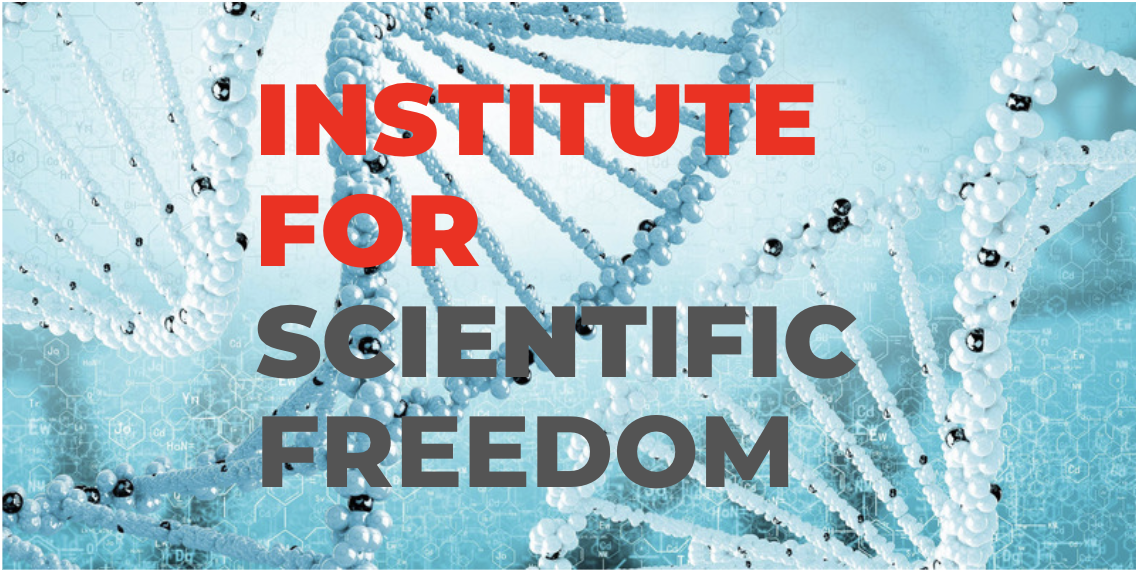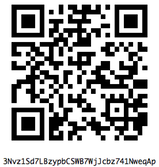Institute for Scientific Freedom Launches To Open Scientific Debate and Access to Data
Over the last few months many Americans have been focused on a media-generated measles fear campaign and the over one hundred active vaccine-related bills across the country. It may have been easy to miss the inaugural meeting and lecture series in Copenhagen for the newly-formed Institute for Scientific Freedom. At the event, director Peter Gøtzsche, MD took the stage and laid out the mission statement of his organization which strives for science to be free from financial interest, published as soon as possible and made freely accessible, and to allow scientific data and study protocols to be freely accessible so others can do their own analyses.
Gøtzsche commented, “It’s very strange that…people working with lots of other sciences…have shared their data for decades. And who do not share their data? People who do health research.”
Gøtzsche knows that although his institute’s mission may seem like common sense to many, he understands that there are powerful financial interests embedded in the business of science who want to maintain a broken status quo. His firsthand lesson was not lost as just last summer Gøtzsche was giving a lecture titled Survival of a Whistleblower when, unbeknownst to him, his career as one was about to feel repercussions.
After co-founding the Cochrane Collaboration 25 years ago, Gøtzsche was expelled from it under nebulous accusations which prompted four other board members to resign in protest. The action taken by Cochrane was thought to have been a response to Gøtzsche scientifically criticizing the institute’s HPV vaccine review. In a paper published in the BMJ, Gøtzsche and his colleagues said of Cochrane’s handling of the review that it “was incomplete and ignored importance evidence of bias” Soon after, the Rigshospitalet, which hosts the Nordic Cochrane Centre, announced it had suspended Gøtzsche.
Dr. Peter Aaby’s presentation was titled WHO is the brain in the system? A case study of how public health vaccinology deals with fundamental contradictions of current policy. Aaby started his talk by proclaiming, “This is about vaccines. And I think it’s important to recognize that no routine vaccine was tested for overall effect on mortality in randomized trials before being introduced.” Aaby then addressed the audience saying “I guess most of you think we know what our vaccines are doing…we don’t.”
After being encouraged about the initial experiences reducing child mortality with measles vaccination campaigns in Africa decades ago, Aaby wondered if vaccinating earlier would save more children’s lives. He embarked on news studies, with a newly approved measles vaccine, to investigate. What he found was that girls had a two-fold higher mortality rate. Similar findings were seen in Haiti and Sudan by other researchers. After initially discounting Aaby’s findings, the World Health Organization (WHO) eventually withdrew the new measles vaccine “with no real explanation” and making “no attempt to understand what has happened” as Aaby explains.
“You can have a vaccine which is fully protective against a specific disease but associated with highly mortality…that’s nowhere in the textbooks.”
Aaby continued to look at the introductions and combinations of other vaccines given to children in Guinea-Bissau over his career. In 2018 he published a study titled Evidence of Increase in Mortality After the Introduction of Diphtheria–Tetanus–Pertussis Vaccine to Children Aged 6–35 Months in Guinea-Bissau: A Time for Reflection? Aaby and his team concluded the following:
“…6–35 months old DTP-vaccinated children tended to have higher mortality than DTP-unvaccinated children. All studies of the introduction of DTP have found increased overall mortality.”
He also found in a separate study that DTP vaccination was associated with increased mortality and that oral polio vaccination may modify the effect of DTP.
In late 2017, The Informed Consent Action Network (ICAN) sent a legal notice letter to UNICEF and 150 other underdeveloped nations. The letter demanded UNICEF “cease distribution of the DTP vaccine or at least confirm that parents of children receiving this vaccine are advised of Dr. Aaby’s findings…” After two months UNICEF replied to ICAN’s notice with a canned response completely ignoring Aaby’s study and refusing to address the concerning results of their DTP vaccination campaign.
What impact Gøtzsche and his co-founders will make with the new institute are waiting to unfold. Yet the institute’s arrival on the scene couldn’t be more needed than now at this very moment. Increasing censorship of open debate, overarching influence of industry on scientific journals, institutions, and regulatory agencies and sweeping mandatory vaccine laws are all cause for public alarm. Humanity is becoming increasingly bound by our common ties and experiences of harms at the hands of a broken healthcare system and the questionably products of multinational corporations with a long history of choosing profits before their customers’ health and safety.
Get Peter Gøtzsche, MD newly released book Survival in an Overmedicated World: Look Up the Evidence Yourself on Amazon here:
Original Source: http://www.jeffereyjaxen.com/blog/institute-for-scientific-freedom-launches-to-open-scientific-debate-and-access-to-data










